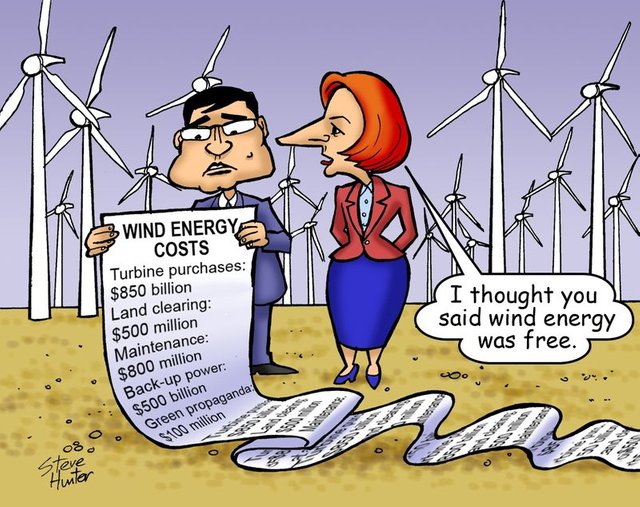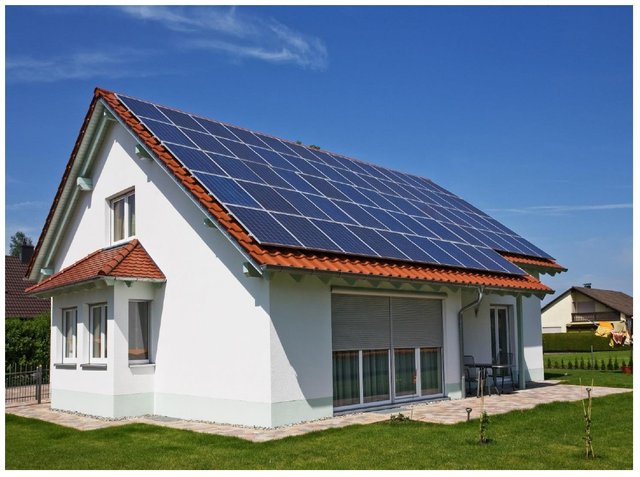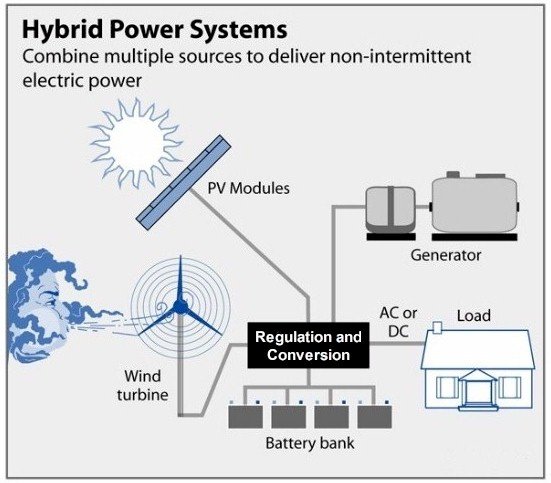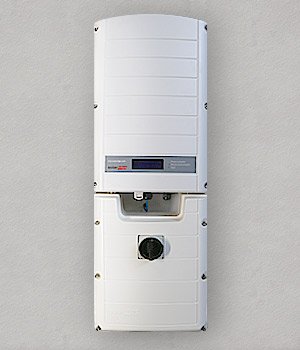How to choose the correct energy supply and/or supplier
The choice of energy supply or supplier will depend on a number of
factors:
- If you live in a multi-storey housing block you may not have any choice but the grid.
- Not everybody wants or can afford solar panels or a windmill on their roof.
- The local climate may not support solar or wind power.
- Price, you want the cost savings solar or wind will give you.
- You want to be independent of the electricity/gas grid but have it as a backup.
- Your connection to the electricity/gas grid may be patchy.
- Your connection to the electricity/gas grid may be non-existent.

Option 1, Choosing a retailer from the grid.
When using the electricity/gas grid be aware that it has several entities, the supplier, the distributor, the wholesaler and the retailer. Each one of these entities make a profit from you. Some entities are monopolies and treat customers as proverbial cash cows.The profit margin from selling energy is so good that it attracts many foreign players and a plethora of retailers, New York has 120 or more.
Even though there are plenty of retailers there is not a great deal of competition and sales are sought by offering discounts while obfuscating the actual price charged per kilowatt hour (kWh).
The price can be further complicated by various tariffs that depend on time of use or usage thresholds. The tariff types in Australia are explained by the AER here. Yes they can be complicated.
Fortunately there are comparison web sites, both government and commercial, that compare electricity and gas retailers for average domestic use. Using the search engine DuckDuckGo I can find comparison sites by typing in 'electricity comparison' and then the name of the city. For example New York, London, Paris, Sydney each have more than one comparison site. Sometimes the retailer you really want to check isn't compared and you have to check the cost per kWh yourself.
Note that there is always a fixed cost on top of the electricity/gas charge to cover poles wires and pipes etc, the delivery cost. Always check to find what fixed costs there are.
When choosing a retailer make sure you get any discounts available like pensioner, veteran, special needs etc. Take care with long contracts, they can bite you in the bum.
If you allow a comparison site salesperson to do the changes for you then you will forever be accosted by the site to change your supplier.
Option 2, Solar panels plus grid.
Many retailers offer packages that include solar panels and buy your excess electricity. This is a smart move on their part because they can claim the 'carbon credits' and you pay all the installation costs.This is the most popular with suburbanites as it is the cheapest to purchase but still gives discounts on your energy bill. It is important to have a disconnect switch installedto allow an emergency shutdown. Some installations include an automatic emergency switch.
Many states give a cash rebate for installing 'green energy'.
Warning.Installation of solar panels is very lucrative and there are many dodgy installers of cheap foreign low quality products. Very often the installation is incomplete by not connecting to the grid or the fuse box.

Option 3, Solar + battery + grid.
This is becoming more popular in the towns and suburbs since the price of battery packs dropped to an acceptable price. The solar panel is used during the day and charges the battery for use at night. If your panel creates more than you use then the excess is sold to the grid at an agreed price. If the panel does not produce enough then the grid tops up what you need. Some vendors have a wind and solar panel combination.
Option 4, Off the grid - hybrid power systems

If you are a farmer, live in a commune, the middle of Woop-Woop or a remote Island in the middle of the ocean it may be economical to live off grid and choose a combination of wind, solar, micro-hydro and diesel generator with battery backup, aka a hybrid power system.
You have a choice between self contained hybrid systems on a trailer and fully installed permanent systems. There is some real rubbish on the market and you should look for a long warranty period from a reputable supplier that's not likely to go out of business over the next 20 years.
You can save even more by creating bio-diesel fuel from bio oil waste products or unsold olives etc. There are opportunities to create bio-gas from cattle waste, but this requires a lot more effort in its production and is detailed in the references.
The references are by no means complete but are given as examples of what can be achieved. You should look at the services and products offered by your local suppliers to ensure continuity of supply and guarantee of service. With so many bad installations it is advisable to ask for references or ask a satisfied customer the name of the installer.
References:
How to read your meter,
Buying and making hybrid electricity systems
APEC- Smart/Micro Grid Projects
Australian Wind And Solar
Make Biodiesel
Bio-gas from manure
5 Types of Home Solar Electric Systems and Choosing the Right One
Pictures:
Cartoon by Steve Hunter Illustrations
Solar panels by Microsystem Services
Battery wall by Zen Energy
Hybrid Power Illustration (corrected) by US Dept Of Energy


@frogman18, I gave you a vote!
If you follow me, I will also follow you in return!